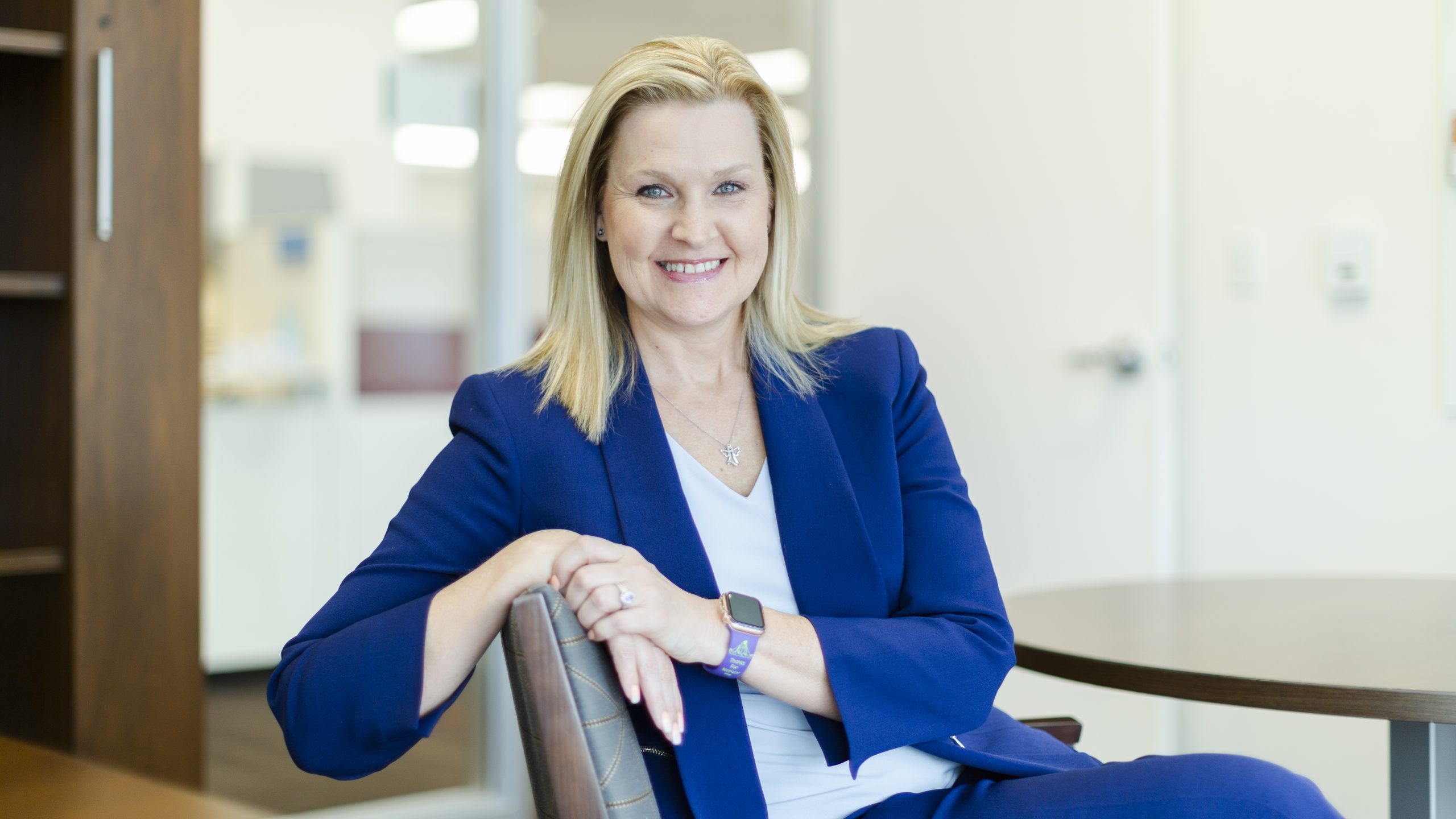Originally published in Enterprise Security Magazine, October 2022
When I attend meetings or lead trainings, I’m not the only woman in the room. But that wasn’t always the case.
When I enlisted in the United States Air Force 28 years ago, I completed basic training and went to technical school, where you learn your military job. There I gained experience as a communications computer systems operator and began my career in information technology.
Looking back on that time, I remember appreciating how my classmates came from many different ethnic and religious backgrounds. But one thing stood out even more — I was the only woman in that classroom.
As someone who’d recently left the comforts of home, that was a little scary. When you enter the military, there’s no one holding your hand. You have instructors, but not traditional mentors, at least not in the beginning. I recall looking around my classroom and wondering, will I be respected as an equal? Will my fellow airmen have my back in the same way?
Fortunately, those questions soon faded away as I quickly built productive relationships with my classmates.
Despite my ultimately positive experience, I know in many ways I’m an outlier. I went from being the only female in my class to having two or three females in the classes I taught as an Air Force instructor. Recently, as chief information security officer at BlueCross BlueShield of Tennessee, I’ve joined a team with more females than I’ve previously worked with in the cybersecurity space.
But information technology remains a male-dominated field, and even with the improvements we’re seeing, we have a long way to go before we truly level the IT playing field.

Finding the right people
At BlueCross, our guiding philosophy is to hire the best people and provide them with the best resources —and part of that philosophy is to be intentional about getting a diverse candidate pool by casting a very wide net to ensure we don’t miss great, qualified applicants. With this extra intentionality comes the benefit of enriching our cybersecurity division with individuals who bring different life and educational experiences into the workplace.
To succeed with increasing thought, economic, gender and racial diversity in the long-term, BlueCross is committed to providing opportunities for those who may not have had them in the past.
Even though as a society we now embrace the use of smart technology as part of raising children, many students aren’t aware of the possibilities an IT career can provide — and much of the lack of diversity in our field also has to do with economic status.
I was in the military for six years before I attended my first college class. I was unable to pick my career path immediately after high school because my family didn’t have the money to send me to college. I’m not unique in this regard.
Our foundation has funded two BlueCross Technology Academies at local high schools that help expose more students to the possibilities of tech careers.
Providing opportunities
Most recently, we’ve launched a new career pathway for qualified high school graduates who want a tech career. BlueSky Tennessee Institute is a partnership with East Tennessee State University that offers a fast track to a bachelor’s degree in computing in just over two years with little to no debt. We believe BlueSky Institute graduates could be the future leaders of our company.
Our first cohort of 32 students is 38% female and 34% students of color, with half hailing from high priority/at-risk high schools in Hamilton County. That’s particularly inspiring for me given that nationally, only 19% of students seeking a bachelor’s degree in computing/computer science are female, and only 20% are students of color. Mentorship and building relationships with our IT staff are a huge part of this program.
I’m fortunate to be the designated mentor to one of these students, and I can’t wait to work closely with her as she pursues her degree and receives hands-on training at our Chattanooga headquarters.
We’re trying to grow these students into being the best qualified candidates post-graduation, and we’ll remain just as intentional about diversity with future cohorts. And this notion of “growing future leaders” is an intentional step we hope other companies will take by replicating the BlueSky Institute model.
So many of us are now in “the data business,” and we need that expertise to ensure we continue to evolve and more effectively protect and serve our customers.
What gives me hope for the future is that some of the things that might have previously been seen as hurdles — whether they’re economic, cultural, religious or gender differences — are now in many cases being embraced. And increasingly we’re seeing young people understand the value of cybersecurity and how we all play our part to prevent bad actors from using digital tools to take advantage of the most vulnerable in our society.
When I enlisted, I didn’t know my career development would result in me actively developing the careers of others — and being intentional in not recreating that “only woman in the room” scenario for them. I learned a long time ago that none of us have all the answers, but practicing intentionality within information technology will ultimately make our field that much more diverse and effective.


 Rosemarie is responsible for maintaining our enterprise-wide information security and information risk management program. She oversees the teams and technology responsible for protecting the personal health and private information of members, providers and group customers.
Rosemarie is responsible for maintaining our enterprise-wide information security and information risk management program. She oversees the teams and technology responsible for protecting the personal health and private information of members, providers and group customers.